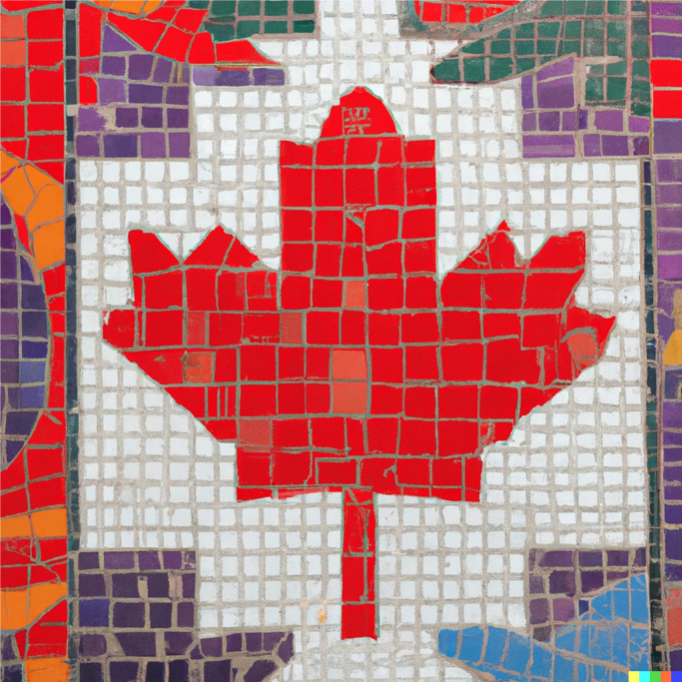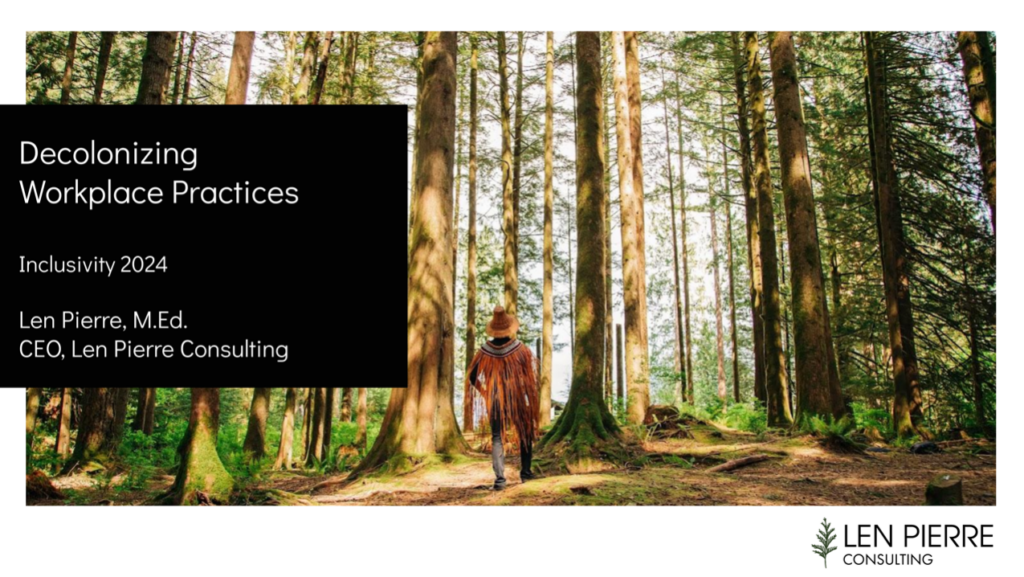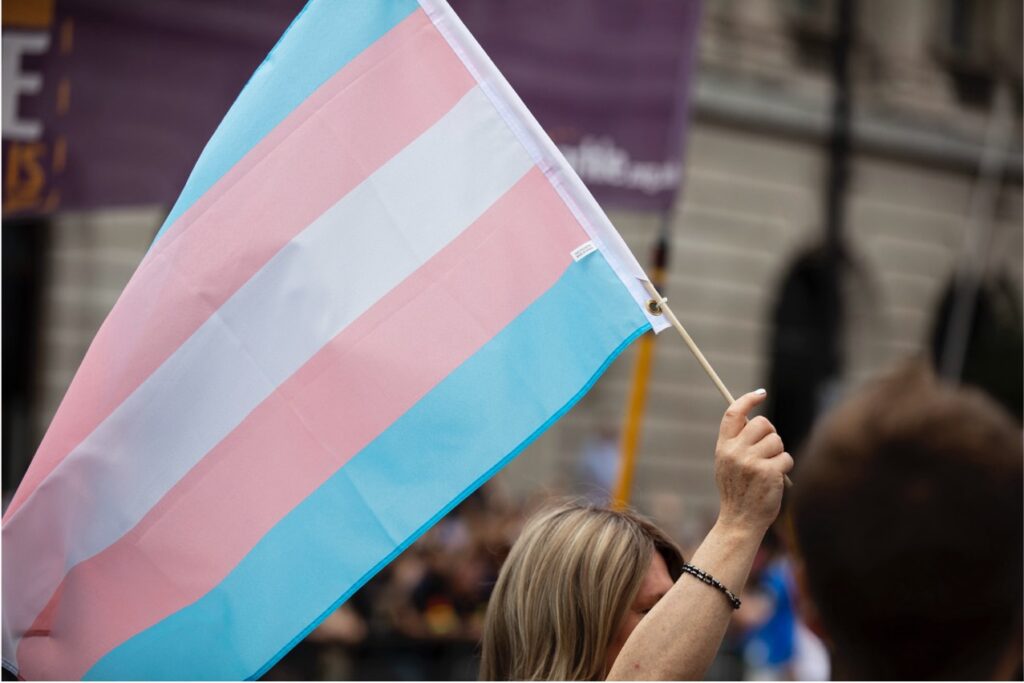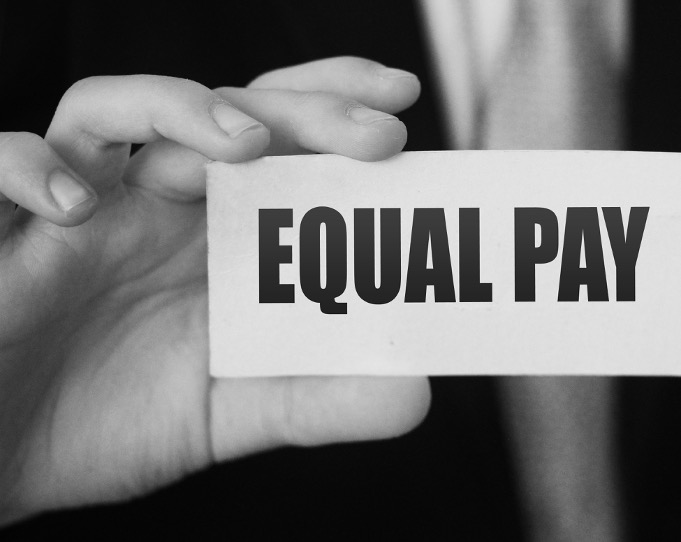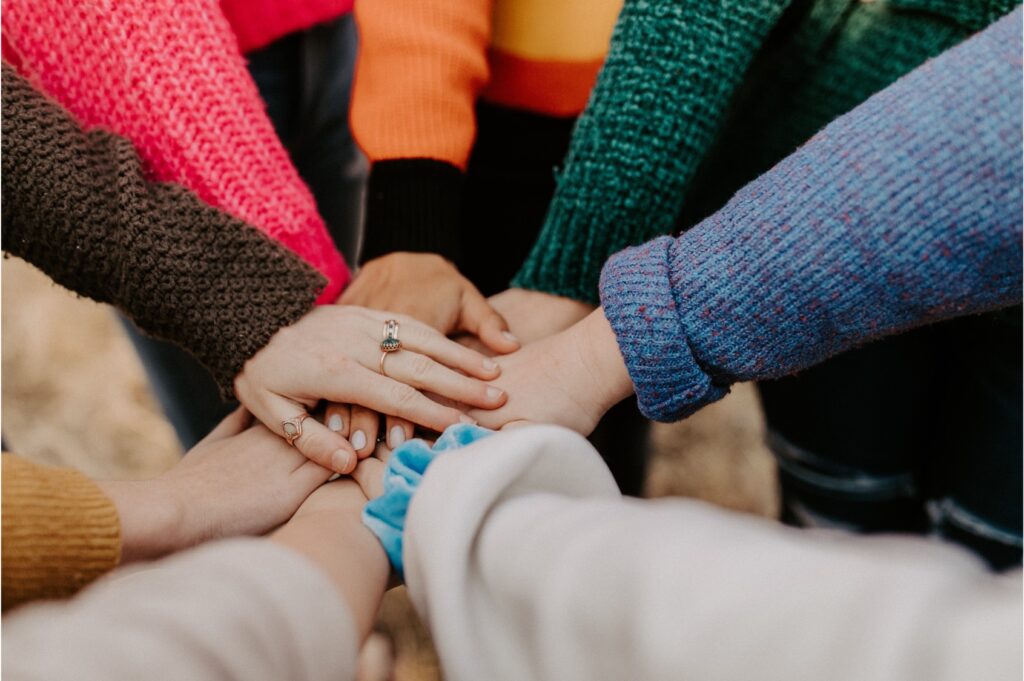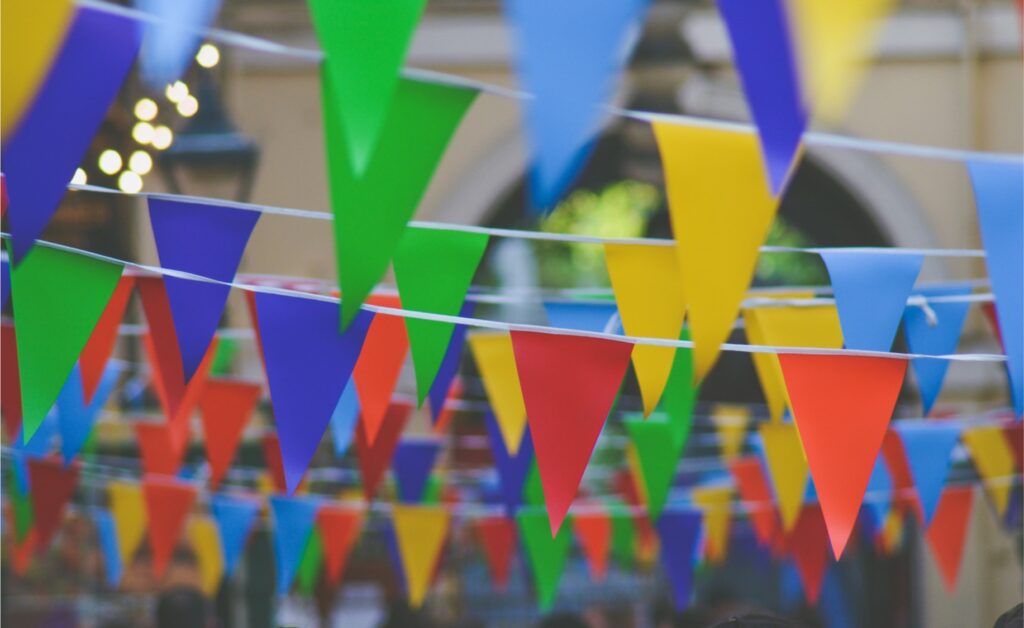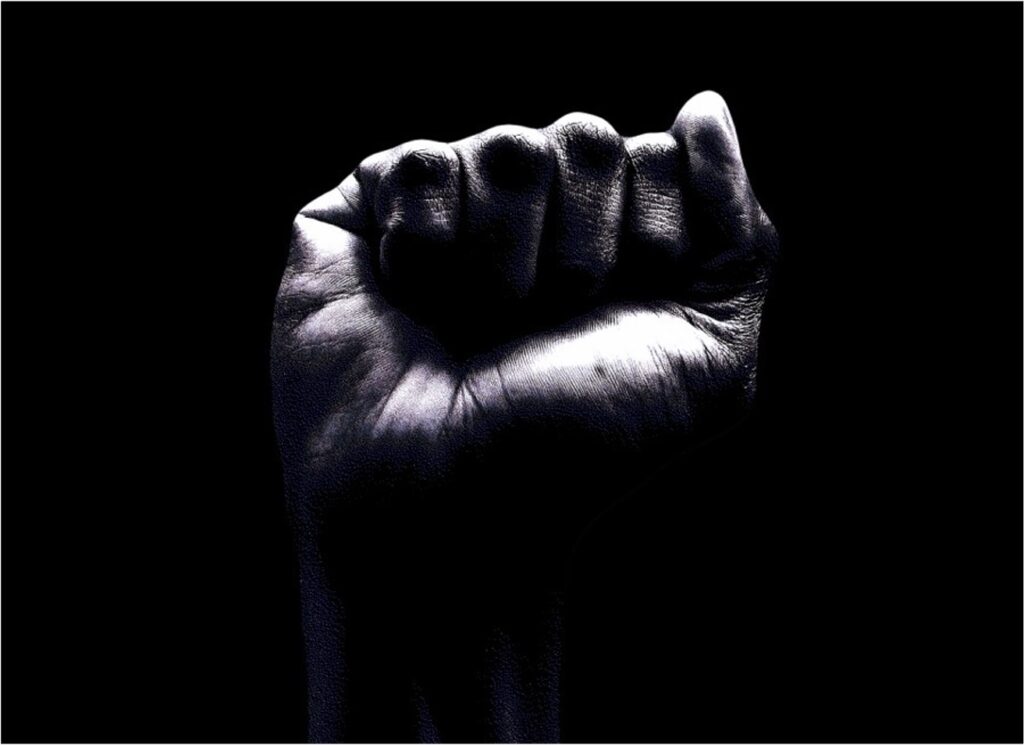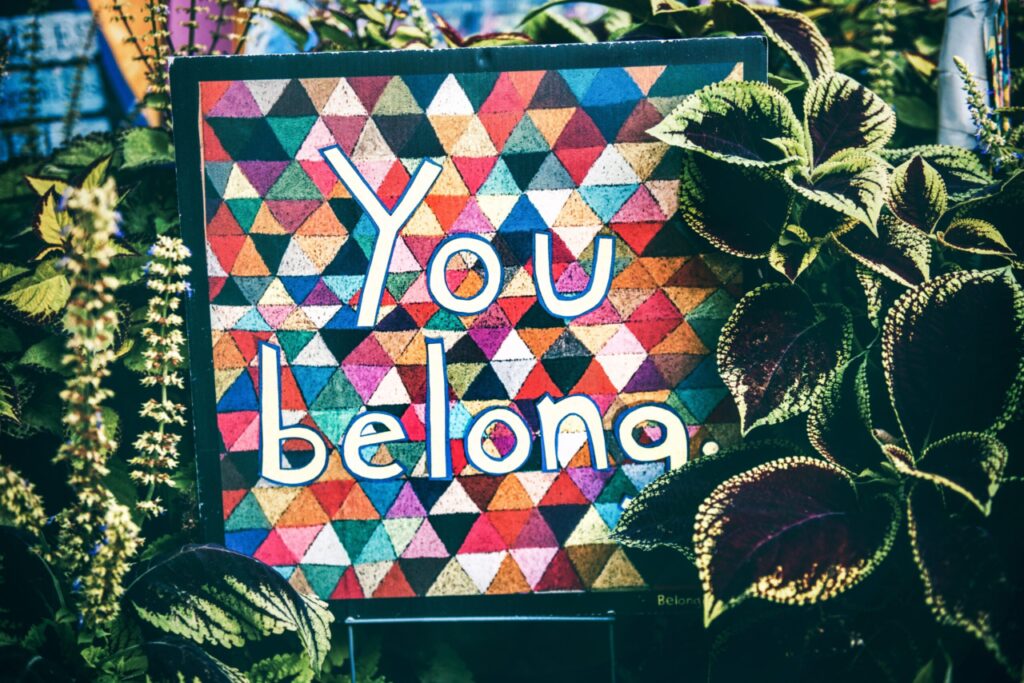Today is Multiculturalism Day in Canada and we invite you to shift your thinking on what comprises a multicultural experience.
While Multiculturalism Day is a time for celebration, we also want to offer a moment to pause and reflect on what the idea of multiculturalism within our Canadian context truly means. Unpacking the concept and how it is applied offers an opportunity to shift to an even more inclusive perspective of multiculturalism – centering voices and experiences in our celebration of the diversity within this country.
Where it Started
Multiculturalism was first acknowledged as a policy in Canada, in 1971 by the then Prime Minister, Pierre Trudeau. The aim of introducing this concept at the legislative level was to preserve the cultural freedom of individuals and provide recognition of the cultural contributions of diverse ethnic groups to Canadian society.
The discourse at the time, however, situated multiculturalism, in many ways, within a bi-lingual context. This meant that while government commitments in support of multiculturalism encompassed policy that enabled cultural development and identity retention for non-Indigenous, non-French and non-English ethnic groups, protections that fight discrimination faced by ethnic minorities, and the proactive creation of opportunities for cultural exchange, an additional and important lens to the way multiculturalism was viewed was through the preservation of language – specifically policy that would assist immigrants in learning French or English. As a result, “equality through the removal of racially discriminatory barriers became the main focus of multicultural programs, and race relations policies and programs were put in place to uncover, isolate and combat racial discrimination at personal and institutional levels” (Brosseau & Dewing, 2009).
A Cultural Value
This initial acknowledgment in 1971 and the actions that would ensue, can be seen as the formal beginning of a celebration of Canada’s cultural diversity through policy – recognised at all levels of government. In 2002, the Canadian Government officially designated today, June 27 as Canadian Multiculturalism Day each year (Wikipedia, 2023).
Overtime, the concept of multiculturalism has become an entrenched value of Canadian culture. Many folks may be familiar with the visual description of Canada as a mosaic as opposed to a melting pot; or as a symphony, with each culture playing its own distinct instrument and melody. These images support multiculturalism values of acknowledging, celebrating and embracing the traditions, practices, identities and beliefs that are not only unique to our own families and communities we belong to but also those of our neighbours. This perspective has led to the creation of a positive, national, narrative around diversity.
Multiculturalism as Fact
However, we can’t ignore that multiculturalism is not just a value or approach to policy – it’s also a fact. Demographics quite simply show that there is a great deal of diversity across racial, ethnic, religious, and linguistic backgrounds present and co-existing in Canada. For example, more than 450 different ethnic or cultural origins were shared in the 2021 Canadian Census (Statistics Canada, 2022). While the ideals we champion through multiculturalism may connect with teaching us to value one another, to listen to different perspectives, and to learn from each other’s stories and experiences this is not always the demonstrated practice.
Unwritten Rules
When people move to Canada, some of the unspoken rules and messages received, whether it’s through the job application rejection stating, “needs Canadian experience” or a suggestion by a seemingly well-meaning stranger that one would fit in better if they don’t where traditional or religious clothing often align with, “you are welcome, if you learn and apply the same skills, qualities and ways of interacting as everyone else”. Those cultural standards are often rooted in historically colonial contexts which permeate much of our society – still making some folks feel like they need to assimilate to belong. The “fact” of multiculturalism requires us to also acknowledge that colonialism was a driving force in getting us to this current state and too often still sets the bar as to what acceptable participation in Canadian society looks like – defining how we must behave or act to benefit from inclusion. This directly negates the ideals of multiculturalism.
Who makes up Multicultural Canada?
It’s also critically important to acknowledge that the lands which we now call Canada were multicultural long before many of us and/or our ancestors arrived here. Currently, despite historical efforts, along with Inuit and Metis, there are additionally, more than 630 First Nation communities in Canada, representing more than 50 Nations and 50 Indigenous languages (Parrot et. al, 2023). Far too often, we don’t consider this when we think about multiculturalism. Neglecting acknowledgement of the distinct political, language and land rights that should be possessed by Indigenous peoples further upholds the influence of colonial ideals – marginalizing the historical, current, and future presence of Indigenous peoples (Vols, 2020).
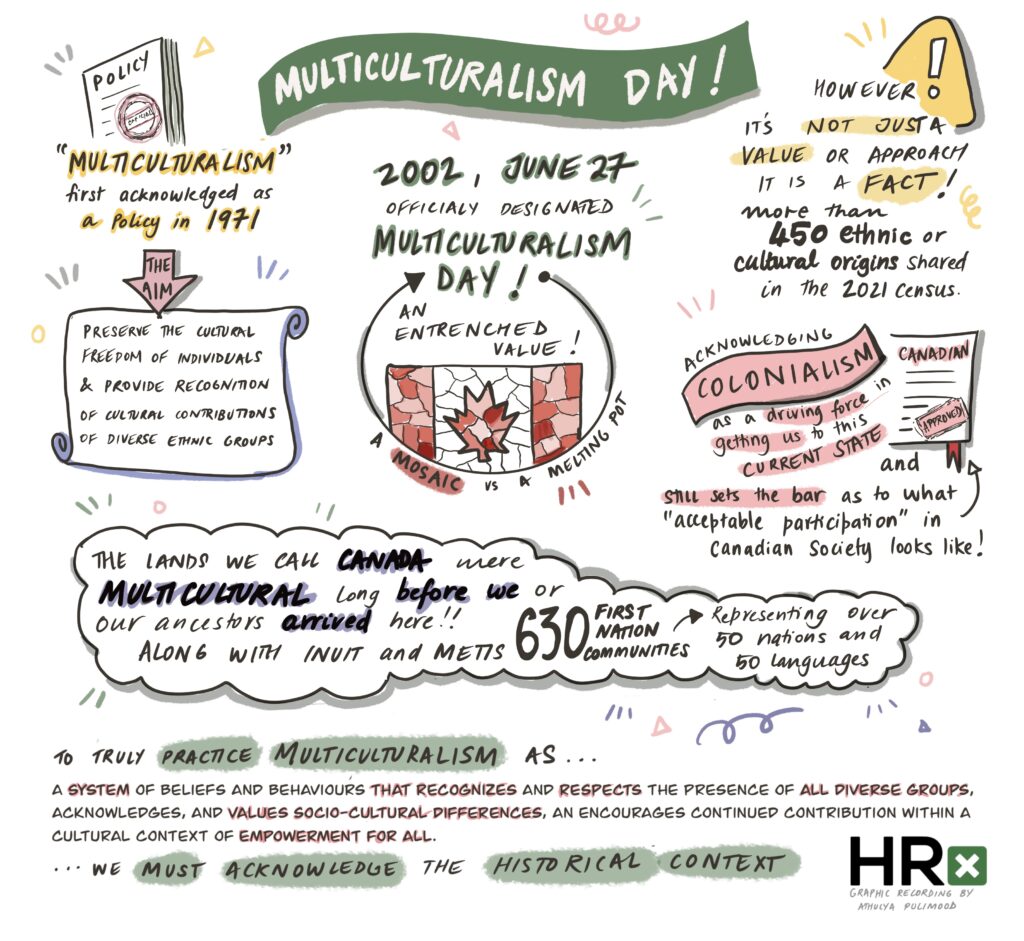
Moving Forward
Multiculturalism in Canada has certainly evolved from the bi-lingual context that influenced perspectives on the importance of affirming inclusion and equality for all ethnicities. You may see physical evidence of this in street signs and storefronts that include English, French and common languages of the communities in the area. We see additional languages being taught in schools which only enriches the fabric of our society and supports even greater cross-cultural exchange. To truly define multiculturalism as a “system of beliefs and behaviours that recognizes and respects the presence of all diverse groups, acknowledges, and values socio-cultural differences, and encourages continued contribution within a cultural context of empowerment for all (Vols, 2020), we must also acknowledge the historical context that got us here. In addition to the wealth of languages and cultures enriching the country from all areas of the world, it’s necessary that we also acknowledge what was here before many of us. The importance of this is easily seen in two of the Calls to Action from the Truth and Reconciliation Commission of Canada (2015):
- Language and culture #13. We call upon the federal government to acknowledge that Aboriginal rights include Aboriginal language rights.
- Newcomers to Canada #93. We call upon the federal government, in collaboration with the national Aboriginal organizations, to revise the information kit for newcomers to Canada and its citizenship test to reflect a more inclusive history of the diverse Aboriginal peoples of Canada, including information about the Treaties and the history of residential schools.
So, today, we invite you to celebrate Multiculturalism Day from two perspectives that honour both the values and facts related to multiculturalism:
- Celebrate with an intercultural lens: look for events, learning opportunities and activities that support cross-cultural dialogue and interaction between cultures over more passive acceptance of the existence of differences.
- Intentionally centre Indigenous perspectives: look for opportunities to learn about Indigenous history, perspectives, and to participate in Indigenous-led events as an integral part of your celebrations surrounding multiculturalism.
Pause and take a moment to reflect on how you can integrate the learning gained from these actions into your own existence and shift thinking on what we view as multicultural.
References:
Brousseau, L. & Dewing, M. (2009; Revised, 2018). Canadian Multiculturalism. Library of Parliament, Ottawa, Canada.
Parrot, Z., Gallant, D., Filice, M. & Dipple, J. (2006; Edited, 2023). First Nations in Canada. The Canadian Encyclopedia.
Statistics Canada. (2022). The Canadian census: A rich portrait of the country’s religious and ethnocultural diversity.
Truth and Reconciliation Commission of Canada. (2015). Truth and Reconciliation Commission of Canada: Calls to Action.
Vols, A. (2020). Critical Multiculturalism: Indigenous and Newcomer Relationships in the Context of the Canadian Settler State. University of Saskatchewan Undergraduate Research Journal. 6(3), 1-9.
Additional Resources:
A series of essays from Canadian Geographic exploring multiculturalism through a celebratory and critical lens.
The Call for Critical Multiculturalism
This review looks at the current literature within Indigenous and newcomer relationships under the contemporary Canadian multicultural framework. The ever-increasing prevalence of Indigenous social movements and instances of cross-continental migration position the topic at the forefront of social policy since the inception of multiculturalism as a governmental policy in the 1970s.
Canada’s Multiculturalism – Worth Defending | Amira Elghawaby | TEDxOttawa
A human rights advocate and journalist, Amira shares experiences growing up in Ottawa, Ontario, Canada and drinking the multicultural kool-aid. While she found it in abundant supply in her youth, she finds it’s running dry now. She argues that each of us should become diversity champions and help renew the supply. The goal? Promoting inclusive communities for all.





